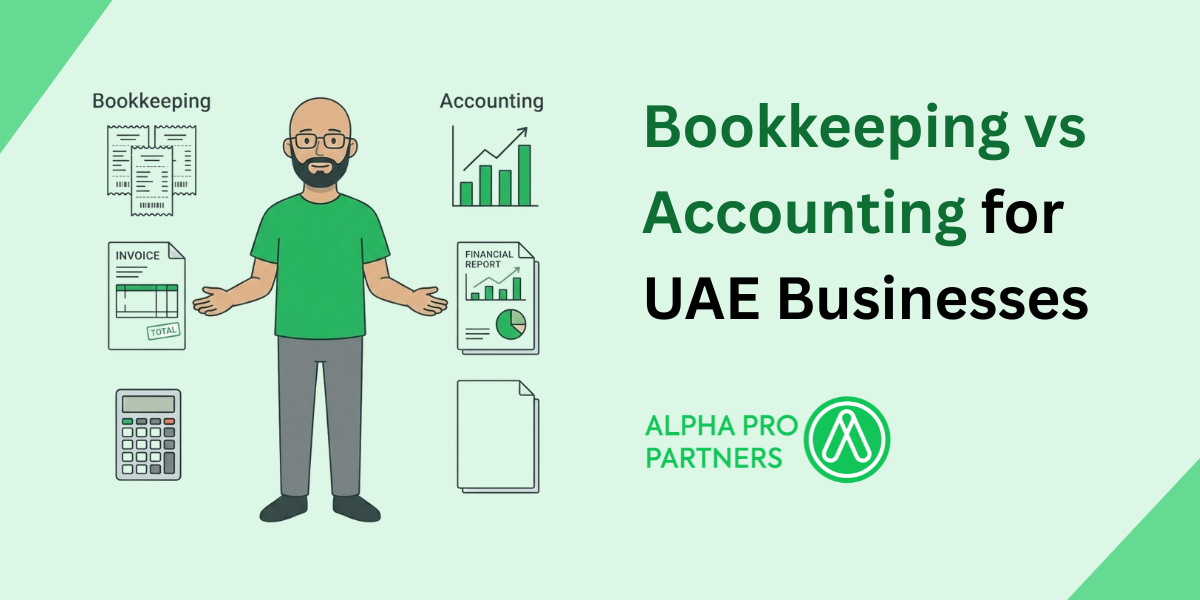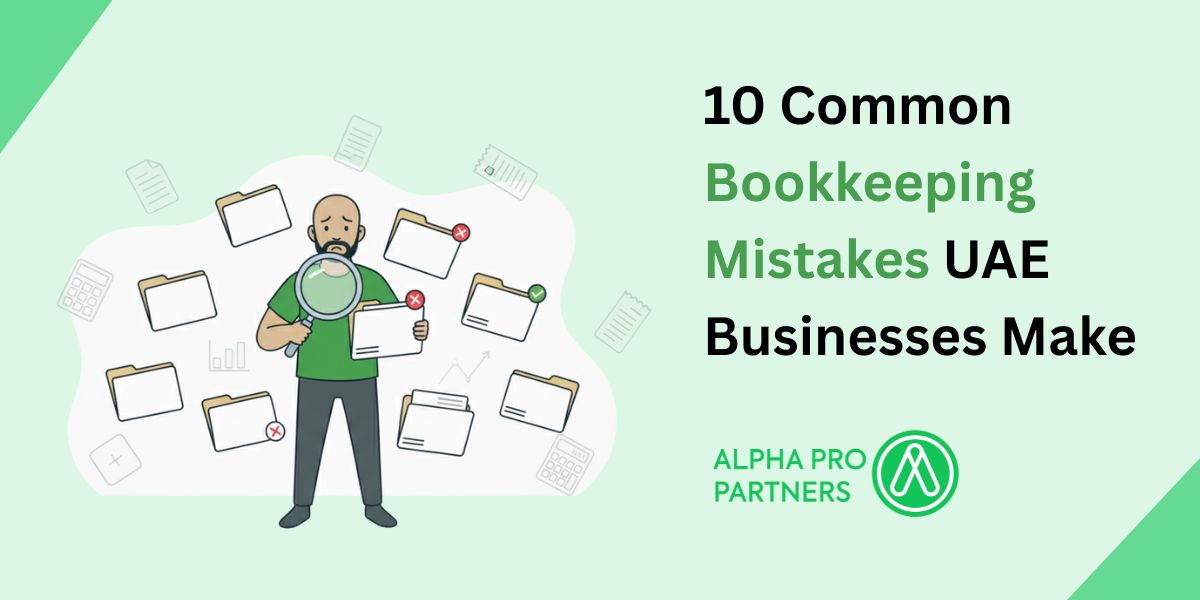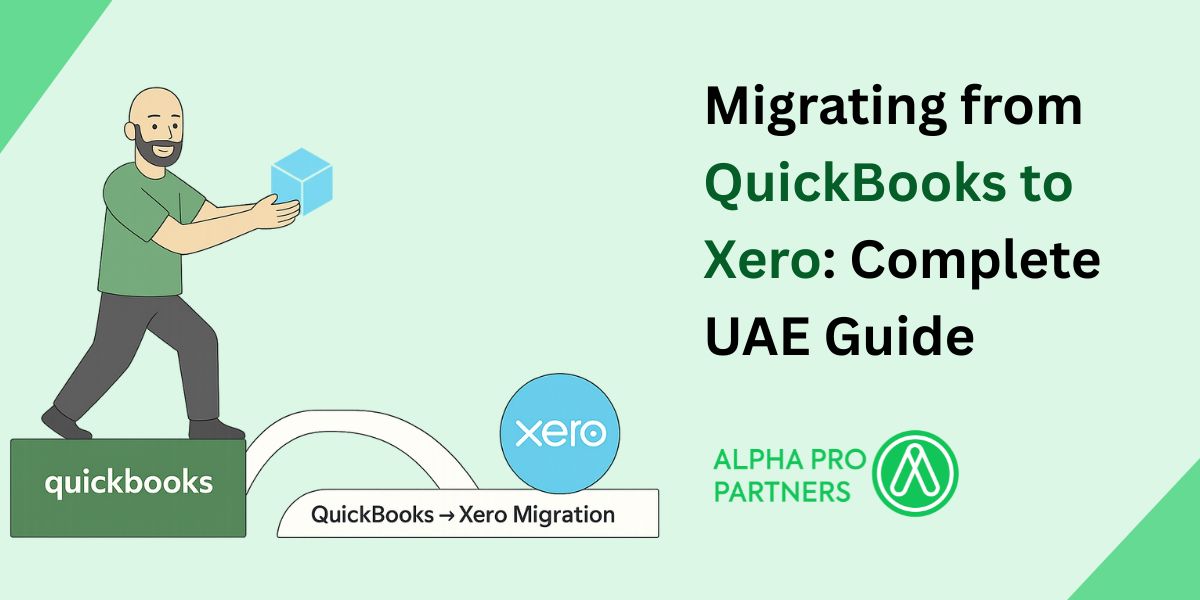How VAT Audits in Dubai Are Evolving and What Businesses Should Know

The accounting and auditing practices in the UAE are continuously evolving and businesses need to keep up with these new trends to show compliance. From the rise of AI in auditing to IFRS and ESG considerations the auditing landscape in the region is constantly updating.
VAT or value-added-tax audits focus on the VAT activities and financial records of a business. The Federal Tax Authority (FTA) of the UAE uses this audit to ensure you are following every VAT law to the letter.
This blog highlights some major developments that are influencing audits in Dubai. This information can help you better prepare for the audits and avoid potential violations. So, keep on reading till the end.
- What Triggers a VAT Audit in Dubai?
- Main Components of a VAT Audit Report
- Key Trends Reshaping VAT Audits in Dubai
- VAT Audits with ESG Metrics Integration
- Advanced Technology in VAT Auditing
- IFRS Standards
- AML and Financial Compliance Regulations
- Cybersecurity Assessment in Audits
- Internal Audits for Better Outcomes

What Triggers a VAT Audit in Dubai?
Every business must follow all VAT reporting and audit rules to keep things fair and transparent in the eyes of the authorities. Failure to do so can trigger VAT audits that entail a closer look at your company’s financial records, VAT activities, and transactions.
To make sure you go through with your VAT audits without much trouble, you need to keep up with the latest trends in this area.
But before we look into these trends, first, you need to look at some factors that can trigger these audits. Knowing these factors can help you stay ahead and avoid mistakes that can have serious legal and financial repercussions.
Here are some factors that can trigger a VAT audit
- Inconsistencies in your VAT returns such as unusual patterns evident in your taxable supplies, VAT payable, input tax credits, etc.
- Claiming big input tax credits also triggers this audit in most cases.
- FTA can randomly pick businesses for these audits as part of their compliance checks.
- Tip-offs or complaints from customers, employees, or other businesses can also trigger this audit.
- Big changes in your business such as a new product launch, ownership change, and a sudden rise in sales can also lead to VAT audits.

Main Components of a VAT Audit Report
VAT audits are done to ensure every business follows the best practices when it comes to their financial reporting and record keeping. Following are some general VAT audit rules that businesses are expected to follow.
- They must file VAT returns accurately and on time.
- They must have strong internal controls in place to ensure VAT accuracy.
- They must pay extra attention to record-keeping when it comes to VAT transactions.
- They must be honest with the FTA during the audits.
Following are some key components of VAT audit reports in Dubai
- Mandatory Documentation
Here are some key documents required in a VAT audit
- VAT invoices
- Credit/Debit notes
- Ledgers related to sales/purchases
- Bank statements and reconciliations
- Inventory records
- Stock counts
- Contracts and other supporting evidence
- Financial Statement Analysis
This involves looking at your company’s income statements, balance sheets, and cash flow statements to verify the money you have reported is right.
- VAT Return Reconciliation
This involves comparing VAT returns with the financial statements to ensure VAT records are right and fully paid to the FTA.
Key Trends Reshaping VAT Audits in Dubai
Following are some key trends that every business must know when preparing for VAT or general financial audits
- VAT Audits with ESG Metrics Integration
An emerging trend in the auditing practices in Dubai is the integration of the ESG or Environmental, Social, and Governance metrics into the assessments. Auditors look at environmental impacts as well as sustainability initiatives of your business along with social responsibility and governance structures to make sure you align with global benchmarks.
- Advanced Technology in VAT Auditing
AI, automation, and data analytics are increasingly being used by auditors for risk assessment, real-time data analysis, fraud detection, and discrepancies identification. The streamlined processes and deeper insights into the finances of businesses made possible by AI enhance auditing speed and accuracy.

- IFRS Standards
International Financial Reporting Standards (IFRS) are global reporting standards developed by the International Accounting Standards Board (IASB) that businesses in Dubai must follow if they are to maintain transparency and attract more international investors.
If you plan to expand your business globally, you must show the auditors that the VAT reporting, transactions, and other finances of your business align with IFRS guidelines.
- AML and Financial Compliance Regulations
Anti-money laundering (AML) and financial compliance guidelines are also something that your business needs to implement to do well during VAT audits.
Auditors look at your transaction monitoring systems, reporting standards, as well as KYC protocols during assessment. This is done to prevent financial crimes, especially in high-risk sectors like real estate, banking, bookkeeping and accounting, etc.
- Cybersecurity Assessment in Audits
Auditors are also more interested than ever in cybersecurity risk analysis. They look at cyber threat detection and protection procedures that are in place to make this assessment.
The purpose of this assessment is to ensure the protection of your sensitive financial data by identifying weak points of your IT infrastructure.
- Internal Audits for Better Outcomes
Internal audits help businesses mitigate risks that can affect their performance during external VAT audits. This increasing trend of conducting internal audits not only builds trust among the stakeholders but also ensures your business does well when it comes to navigating the complexities of the VAT rules of Dubai.
Conclusion
The VAT audits in Dubai are continuously evolving and the above trends clearly show how this will be the case for many years to come. The use of high-end technologies, automation, and high-level data analytics is going to make VAT audits more efficient in terms of speed, accuracy, and transparency.
Knowing these latest trends is the only way businesses in the region can show compliance with local regulations as well as international standards when it comes to their VAT transactions, reporting, and overall finances.
Visit us at Alpha Pro Partners today to get the best and most comprehensive VAT consulting, registration, and filing services for your businesses all over Dubai.

.webp)
















.webp)
.webp)


.png)
.png)
.png)
.png)
.png)

.png)
.png)



.png)
.png)





.jpg)


.jpg)





.png)
.png)






.png)


